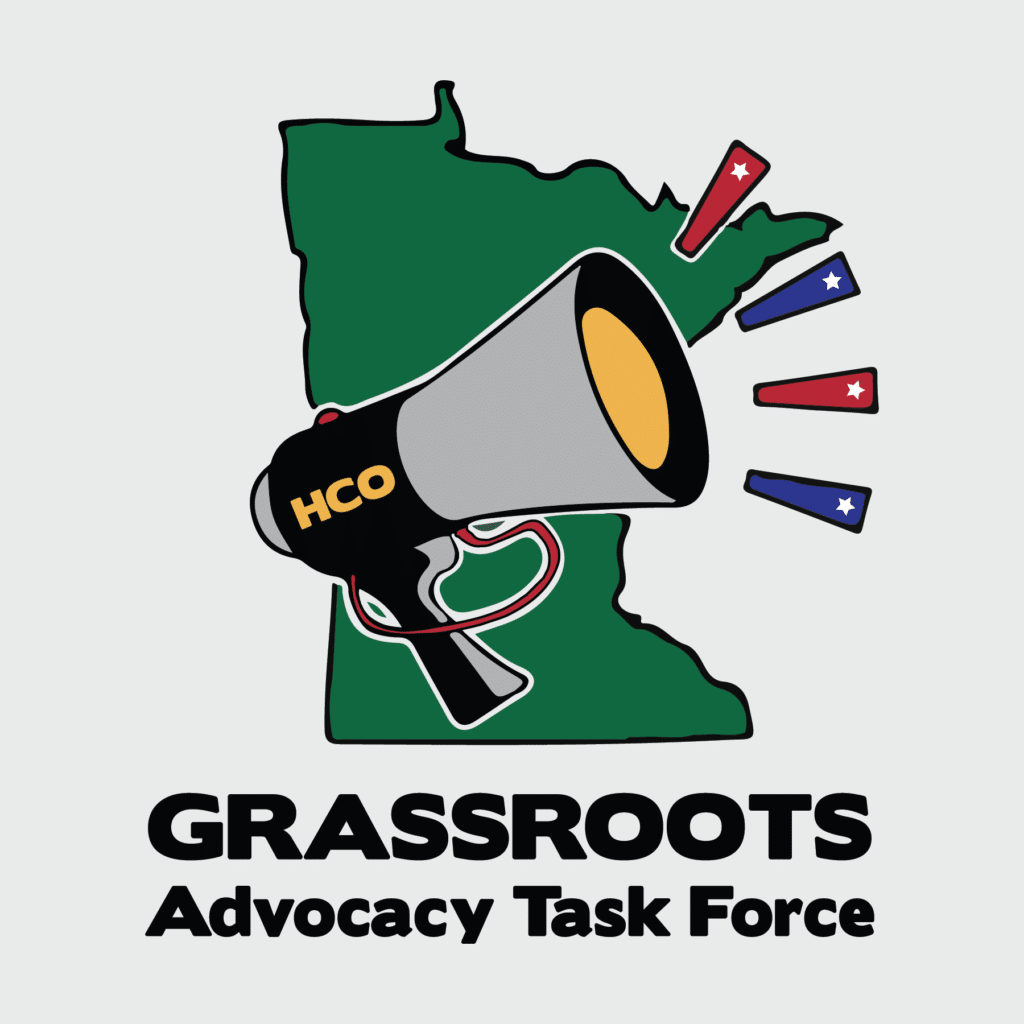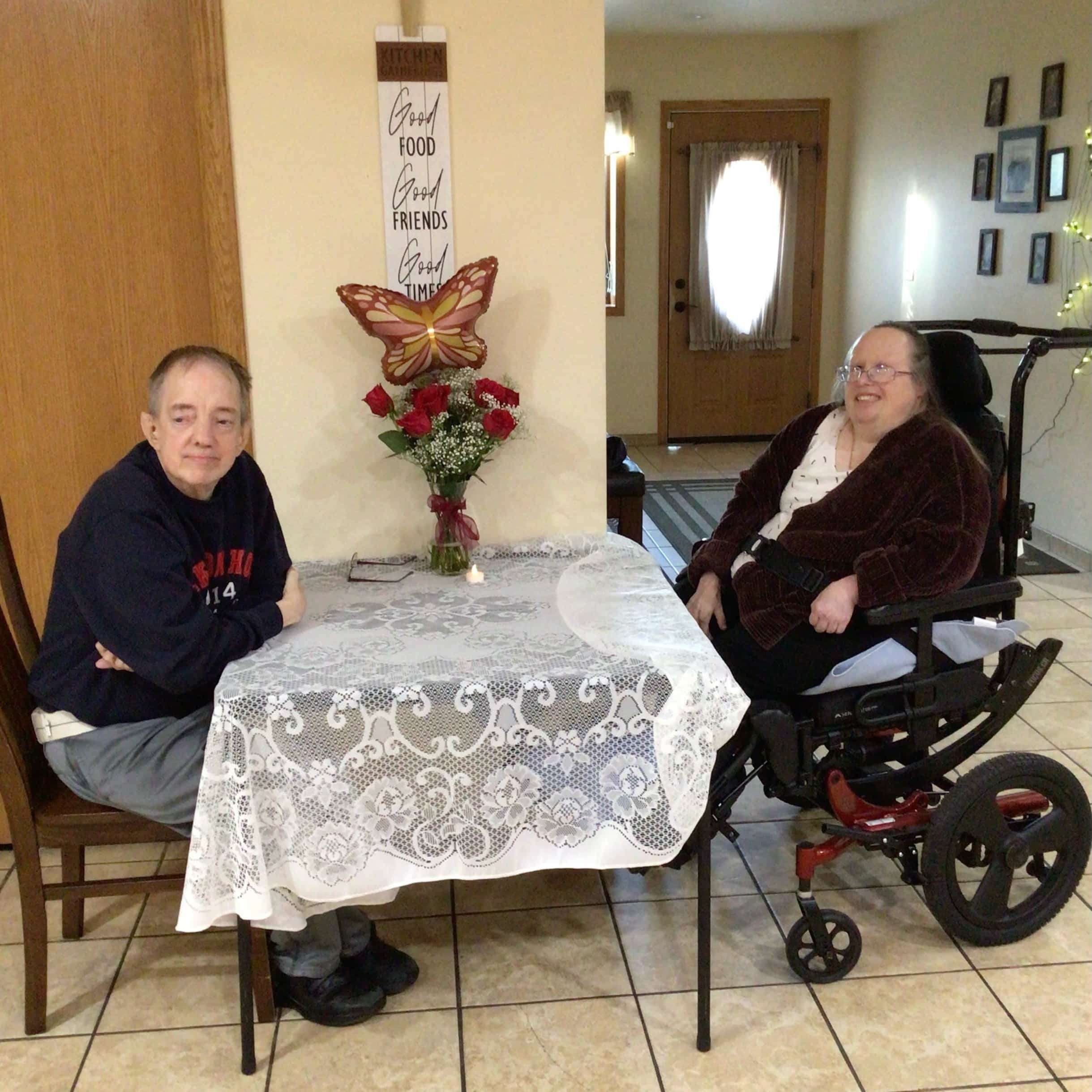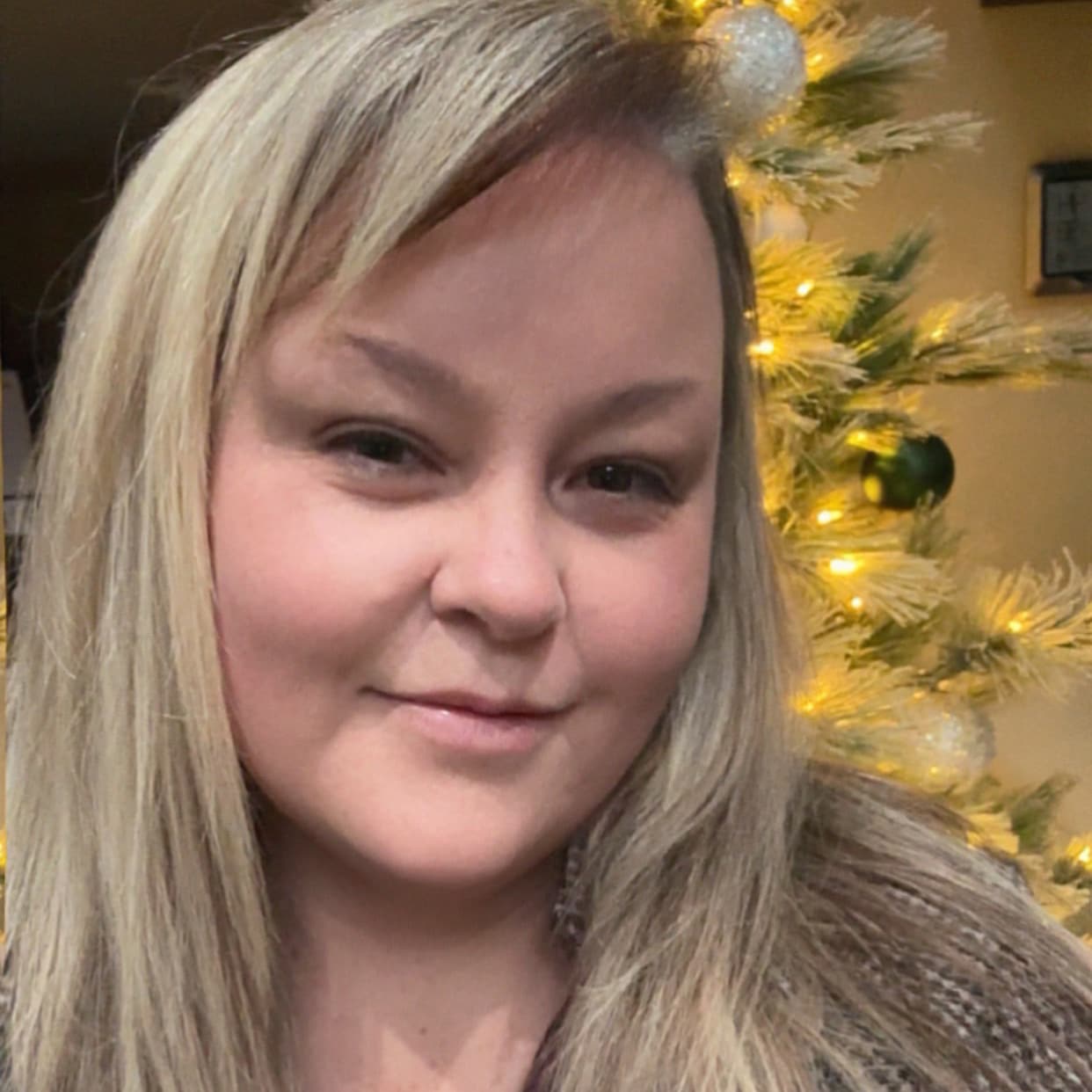
On September 18th, individuals we support, HCO staff, and visitors from WSU—came together to launch the fall session of our Grassroots Advocacy Task Force. This group meets regularly to learn about important issues, share experiences, and take action to create positive change.
The meeting began with a journey through history, highlighting key advocacy movements that have shaped our nation—from the Civil Rights Movement, Women’s Suffrage, and the Labor Movement to efforts for LGBTQ+ rights, environmental protection, Native American sovereignty, and immigrant justice. Participants reflected on how each of these movements broke barriers and opened doors to greater equality. Many of these victories changed the course of history, yet the fight for fairness and inclusion is far from over.
It’s startling to realize that the Americans with Disabilities Act (ADA) wasn’t signed into law until 1990. This landmark legislation—signed at the White House on July 26, 1990—was the first comprehensive law to protect the rights of people with disabilities, setting standards for accessibility, employment, and equal opportunity. Thanks to the ADA, we now see wheelchair ramps and curb cuts on sidewalks, accessible entrances to public buildings, workplace accommodations, and clearer protections against discrimination—things that are easy to take for granted today but were once rare or nonexistent.
After looking back at these milestones, the group shifted focus to the challenges people with developmental disabilities continue to face today.
Topics included:
- Employment – finding meaningful work, earning fair wages, and having enough job opportunities.
- Marriage and benefits – how getting married can reduce or take away vital supports.
- Independent living – having the freedom to choose where and with whom to live.
- Voting and education – making sure every person’s voice and potential are valued.
- Insurance and healthcare – accessing the care people need without unnecessary barriers.
- Food insecurity – many individuals we support live below the poverty level and struggle to afford healthy meals.
- Transportation – the difficulty of getting to jobs, appointments, and community activities without reliable options.
These conversations set the stage for action. At our next meeting, we will take a closer look at the issues that matter most to our members and begin exploring ways to advocate for change—whether through letters, meetings with lawmakers, or raising awareness in the community.
Grassroots advocacy begins with listening and learning, and this kickoff meeting proved that when people come together, their voices can lead to real and lasting impact.





